The Digital Privacy & Data Literacy project’s first learning modules are now available online!
These first modules teach the history and evolving role of the library in ensuring patron privacy and the basics of how information moves around the Internet.
Background
Libraries have served a critical role in providing free access to the web, especially to underserved populations. Librarians, policymakers, and other advocates often point to key challenges of accessibility, speed, and affordability, but too often missing from the conversation on digital inclusion is a host of critically important privacy considerations. The extent of government surveillance programs, differential treatment of online consumers (data profiling), and the need for protection of sensitive personal data have ramped up the urgency of addressing these matters.
The Digital Privacy & Data Literacy project is a training program that will engage more than six hundred information and library professionals in the New York metropolitan area. Building from and in a parallel with this New York area-focused effort, the project is building a set of online resources and learning modules.
Today’s Release
The first module contains three parts: an Interactive History that canvasses library-relevant laws, policies, and technology developments, as well as the evolving role of the library in ensuring patron privacy; an overview of challenges that libraries face when protecting the flow of patron data to and through libraries; and an outline of key factors influencing the nature of patron data flows to and through libraries.
The second module, Mapping Data Flows, helps explain how information moves around the internet when sending email or web browsing and highlights potential vulnerabilities within the library.
Both were developed from in-person workshops hosted at Brooklyn Public Library and funded through the Institute of Museum & Library Services. A second phase of workshops is underway, and additional modules will be available this summer.

